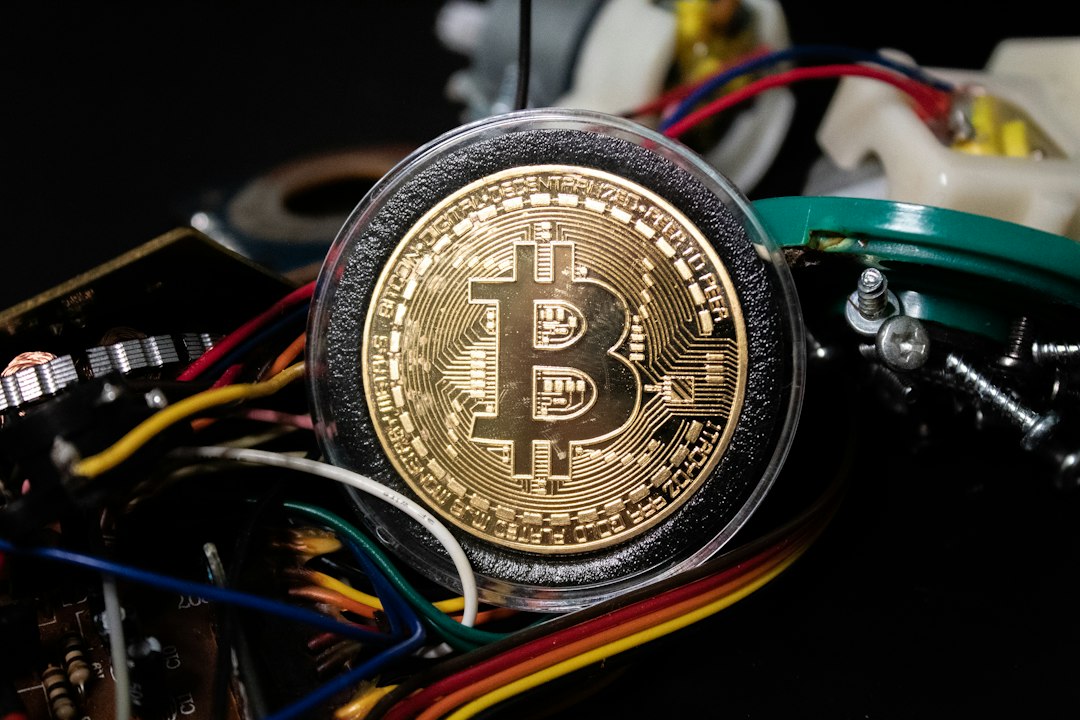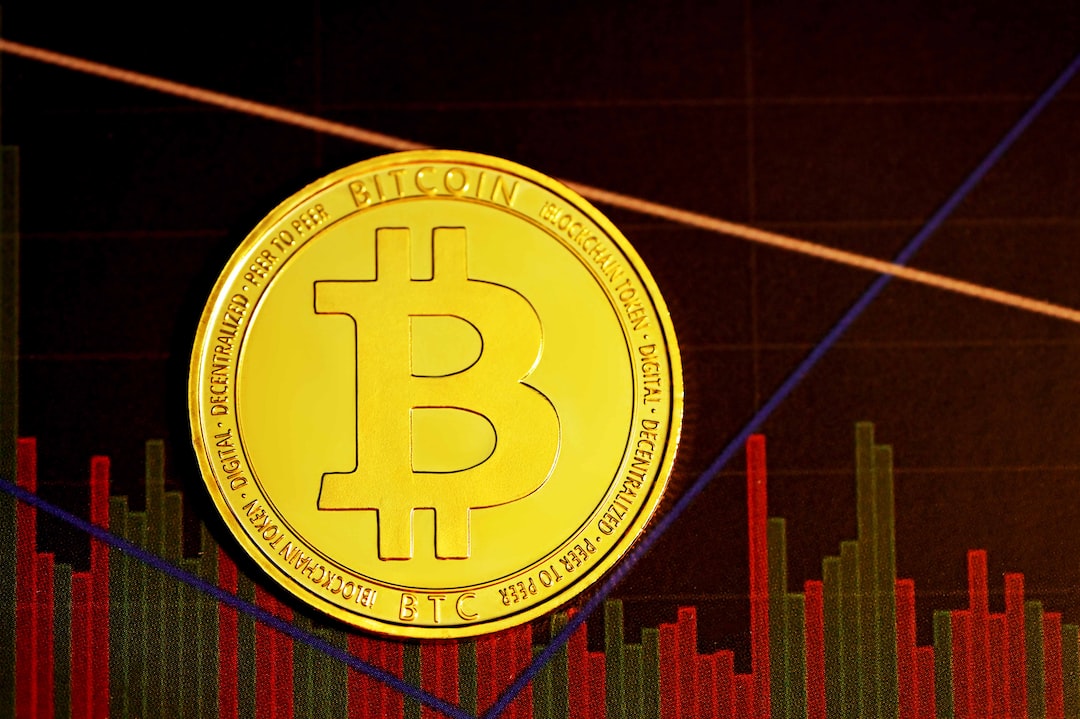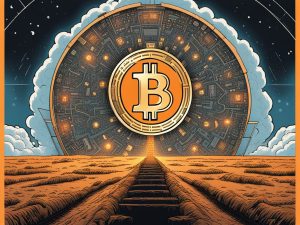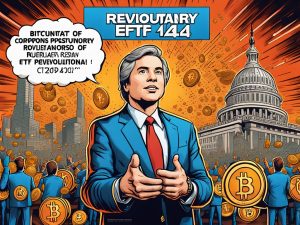DeFi Regulations and the Role of the “Responsible Person”
As different jurisdictions prepare to regulate the digital asset sector, decentralized finance (DeFi) remains a complex topic. The International Organization of Securities Commissions (IOSCO) recently recommended that governments identify the “Responsible Person” behind DeFi applications and subject them to regulatory oversight. However, Consensys, a prominent blockchain software company, argues that some DeFi arrangements may not have a “Responsible Person.”
Consensys Challenges IOSCO’s Recommendation
In a blog post, Consensys suggests that IOSCO’s recommendation assumes there is always a Responsible Person in any DeFi arrangement, limiting innovation to centralized models. Consensys asks IOSCO to recognize that certain DeFi setups lack a Responsible Person, as the EU exempts fully decentralized setups from regulation.
Consensys acknowledges that the line between centralized and decentralized finance is blurry but believes IOSCO oversimplifies this distinction. It argues for a nuanced approach to identifying Responsible Persons based on the level of control and suggests regulators consider various technical factors when assessing decentralization.
Redefining the “Responsible Person”
Consensys proposes narrowing down the definition of Responsible Person to align with DeFi’s unique characteristics. It warns against assigning responsibilities to individuals who cannot effect regulatory changes, as it creates legal uncertainty and stifles innovation. Instead, Consensys suggests exploring alternative methods like incentivizing voluntary compliance to promote decentralization and reduce intermediary risks while allowing global participation in DeFi.
Hot Take: Balancing Regulation and Innovation in DeFi
As regulations on DeFi begin to take shape, striking a balance between oversight and innovation is crucial. Consensys’ call for a nuanced approach to identifying Responsible Persons in DeFi highlights the need to consider the unique nature of decentralized systems. By recognizing that some DeFi arrangements lack a Responsible Person, regulators can avoid stifling innovation and provide clarity for market participants.





 By
By
 By
By
 By
By
 By
By
 By
By
 By
By